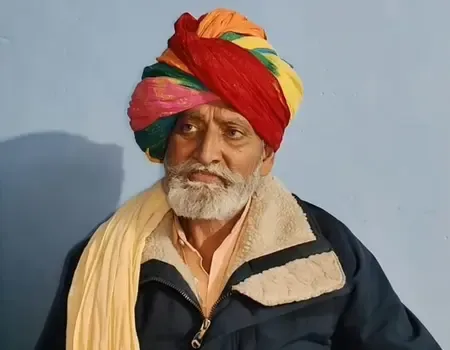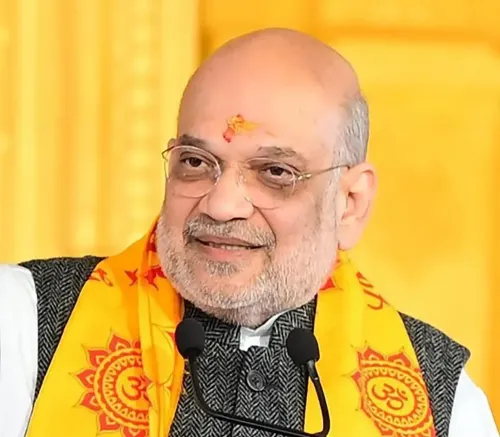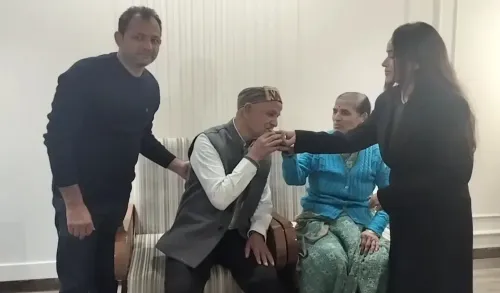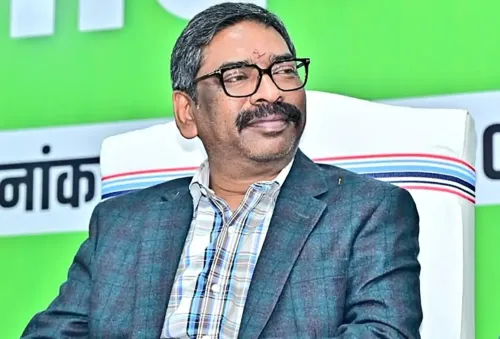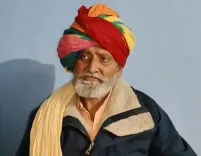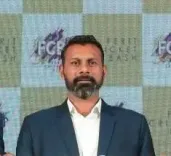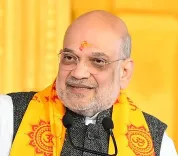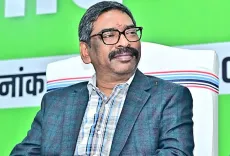Why Did Telangana HC Stay the 42% Backward Class Quota in Local Bodies?
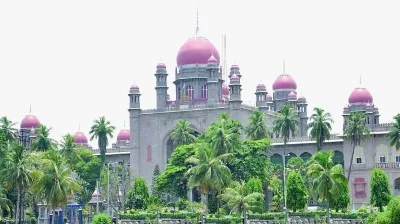
Synopsis
Key Takeaways
- High Court stays 42% Backward Class reservation
- Halts electoral process for rural local bodies
- Petitioners argue against violation of Supreme Court cap
- Further hearings scheduled for six weeks
- Political leaders seek intervention in support of quota
Hyderabad, Oct 9 (NationPress) In a significant blow to the Telangana government, the State High Court issued a stay on the Government Order (GO) that granted 42 percent reservation to Backward Classes in local bodies throughout the state.
In its interim ruling on petitions contesting the GO, the High Court suspended the order's implementation until further notice.
The court also halted the notification for local body elections statewide.
The division bench, comprising Chief Justice Aparesh Kumar Singh and Justice G.M. Mohiuddin, delivered its ruling after two days of hearings.
It postponed further discussions on the matter for six weeks.
The bench instructed the state government and the State Election Commission to submit detailed counter affidavits within four weeks.
Petitioners were given two weeks to provide their responses.
This court ruling has effectively paused the electoral process for rural local body elections.
The notification for the first phase of polls was issued on Thursday.
The State Election Commission is expected to announce details regarding the electoral process after reviewing the court's decision.
B. Madhava Reddy and S. Ramesh had previously filed petitions in the High Court against the GO, which allocated 42 percent reservations for Backward Classes in local bodies.
The petitioners argued that the GO is unconstitutional as it contravenes the Supreme Court's verdict in the Indra Sawhney case, which limited vertical reservations to 50 percent.
"With the Telangana government increasing reservations for Backward Classes from 25 percent to 42 percent, the total reservations (including 15 percent for Scheduled Castes and 10 percent for Scheduled Tribes) now total 67 percent. This exceeds the 50 percent cap established by the apex court," stated the petitioners' lawyers.
Advocate General A. Sudarshan Reddy argued that the state government had already revised Section 285-A of the Panchayat Raj Act to elevate the reservation for Backward Classes.
Nonetheless, the petitioners' counsel noted that Governor Jishnu Dev Varma had not yet approved the two Bills that the Telangana Assembly passed to amend the Panchayat Raj Act.
Several political figures approached the High Court, seeking to intervene in the case in favor of the Backward Class quota.
CPI MLA K. Sambasiva Rao, BJP MP R. Krishnaiah, Congress leaders Charan Kaushik and Indira Shobhan, among others, filed petitions in support of the Backward Class reservation.
Senior Congress figure V. Hanumanth Rao, former IAS officer Chiranjeevulu, Telangana Fisheries Corporation chairman Mettu Sai Kumar, and Telangana Pradesh Congress Committee (TPCC) member R. Laxman Yadav also petitioned to join the case in support of Backward Class reservations.


